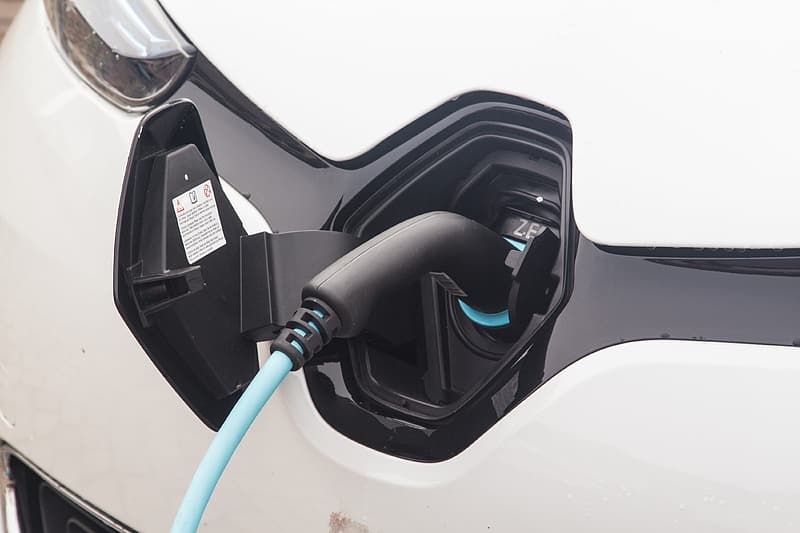New company cars are now five times more likely to be electric, compared to 2016. Some companies have even gone so far as to ban vehicles that only have a traditional, internal combustion engine.
There are a number of reasons for the change, one of which is the tax benefits that come for drivers of a vehicle with lower CO2 emissions, according to De Standaard.
The higher the CO2 emission, the lower the deduction. Plug-in cars, even if they’re hybrids, can usually be deducted in full from business tax, which makes it a win for the companies themselves.
“Since the beginning of this year, there is clearly more demand for electric and plug-in cars,” said Vincent Vanden Bossche of the leasing company Arval. “At every meeting of our commercial teams, it’s an agenda item. We also notice it clearly in the orders.”
Some bigger companies are even looking to adapt their entire fleets, and particularly progressive ones have all out banned vehicles with petrol and diesel engines, though these are still a minority, according to Vanden Bossche, who estimates that number at 10% and expects it will rise.
The Belgian government wants to make the registration of company cars with CO2 emissions no longer deductible as of 2026, and companies are already preparing for this.
Related News
- Number of electric vehicles in Flanders has increased significantly
- Earth Hour: WWF calls for global blackout to focus attention on climate change
- Coronavirus crisis showed cars need less space in Brussels, says Pascal Smet
They also see the switch as part of a more strategic plan for their company image. Businesses want to portray themselves as environmentally conscious, and committed to minimising their impact on climate change.
“Even if you include the tax benefit, the total cost price of electric cars for us is still slightly higher than that of combustion engine cars,” said Piet Vandendriessche, CEO of Deloitte Belgium, a multinational professional services network.
Still, they see electric and hybrid cars as part of their corporate philosophy and want to emphasise their desire to contribute to a sustainable society.
“The electric car used to be something very special, but now it’s on its way to becoming mainstream,” said Pieter Waegenaer of Leaseplan, who notes that at least half of his clients are making the switch to electric driving.
There isn’t as much resistance to electric driving from employees anymore, and people seem prepared to change their behaviour.
There are distinct advantages, Waegenaer pointed out, like never having to visit a filling station again.
Helen Lyons
The Brussels Times

